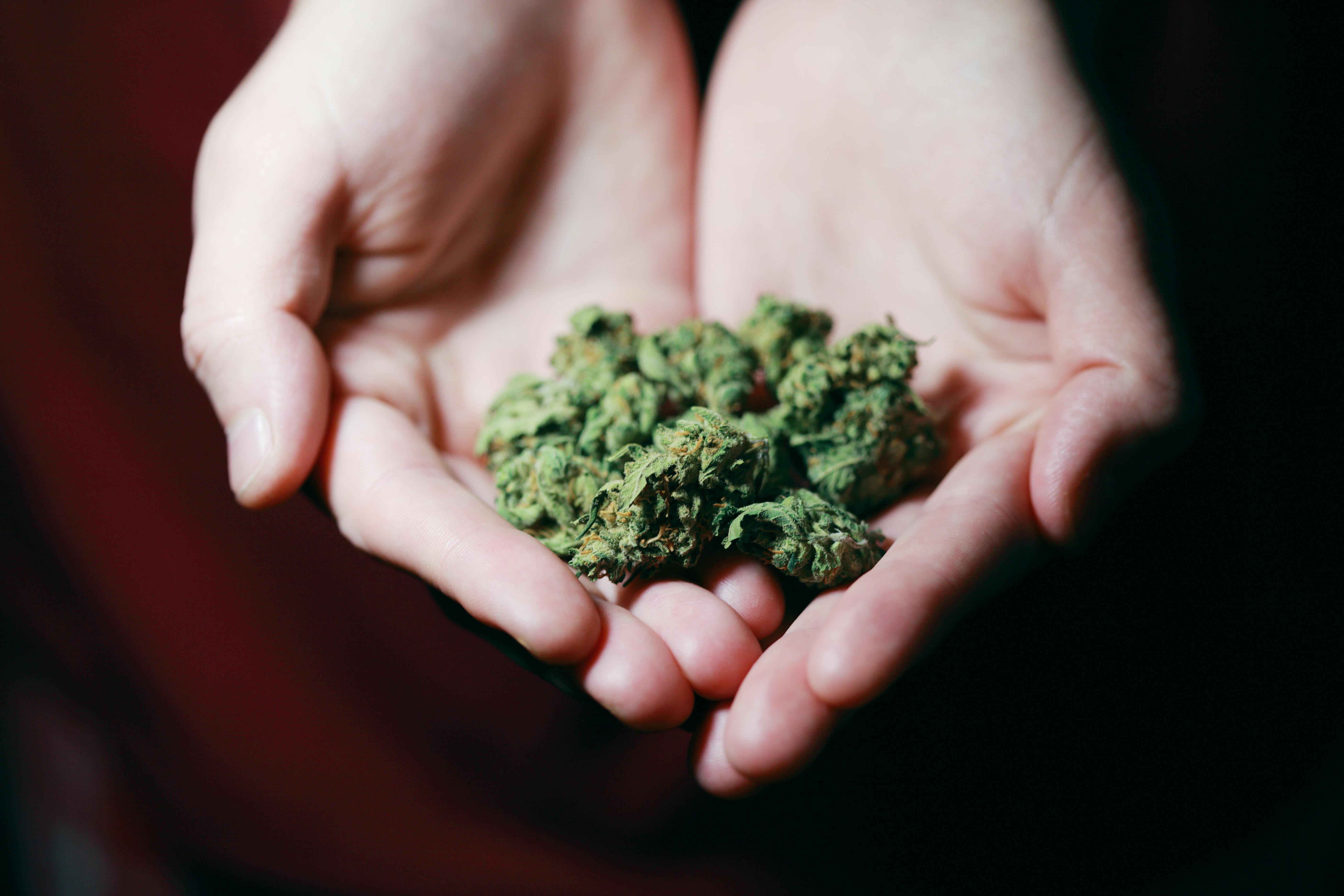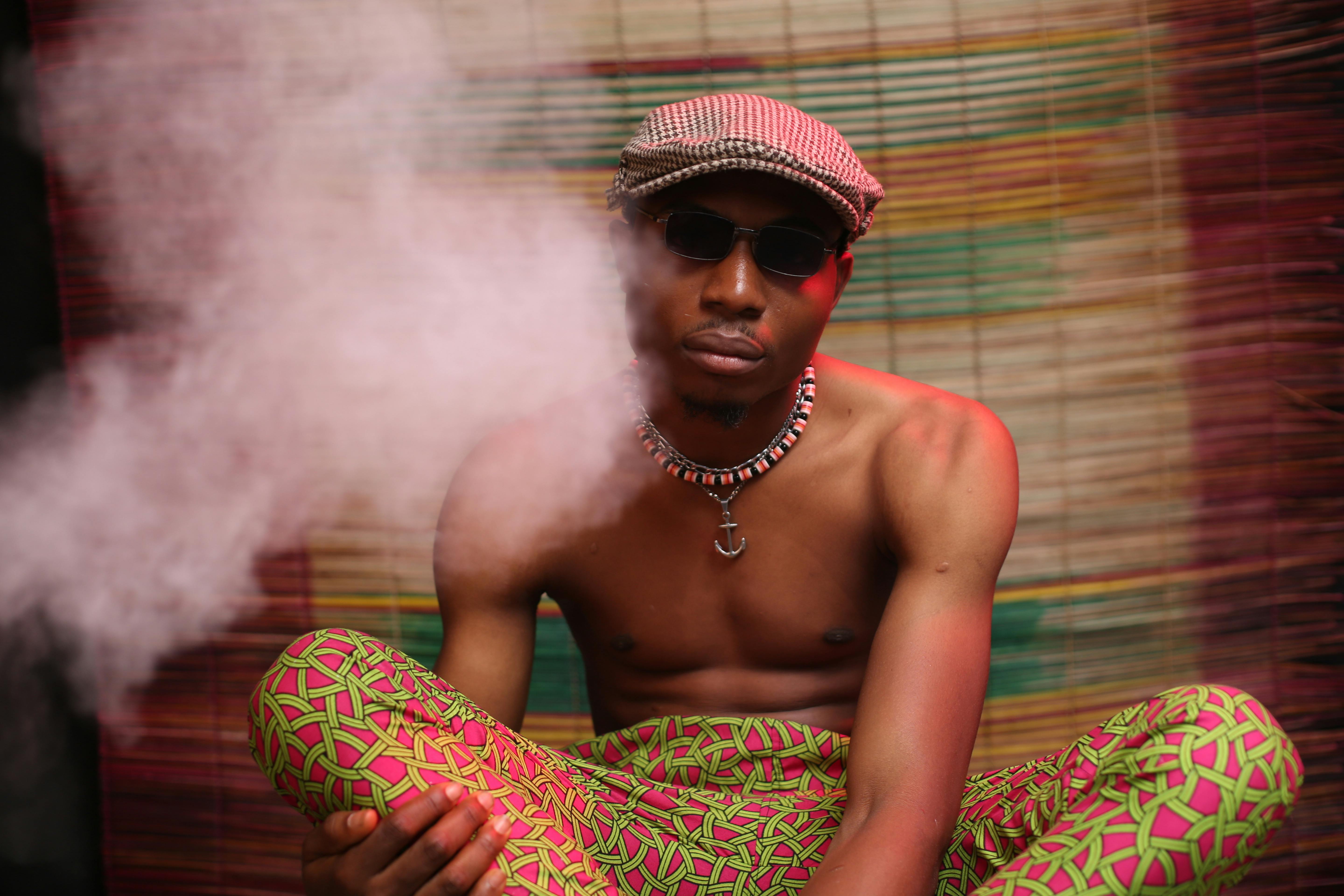Distilling moonshine, an alcoholic beverage made from corn and other grains, has a long and colorful history. While it was once a popular practice in rural areas of the United States, is distilling moonshine still illegal? The answer to this question depends on the laws of each individual state. In some states, it is legal to distill moonshine for personal consumption; however, in most states it is still illegal to produce or possess any form of distilled spirits without a license. In this article, we will explore the legality of moonshine and discuss the potential penalties for those who choose to break the law.Yes, distilling moonshine is illegal in the United States. It is prohibited by federal law for individuals to produce any type of alcohol without a license from the Alcohol and Tobacco Tax and Trade Bureau (TTB). Additionally, most states have additional laws related to moonshine production.
Legal Implications of Making Moonshine
Making moonshine, also known as illegal distilling, is illegal in many countries due to the potential for abuse and its ability to generate revenue outside of the government’s control. In the United States, federal laws prohibit the manufacture, sale, and possession of untaxed alcohol. This includes making, selling and possessing moonshine without paying taxes or obtaining a distiller’s permit. Violations of these laws can result in criminal prosecution and significant fines.
In addition to federal law, many states have additional restrictions on moonshining. These state regulations may include additional restrictions on making or possessing moonshine, selling it without a license or setting up stills in unapproved locations. Violating state laws can result in fines and even jail time depending on the severity of the offense.
Making moonshine is also dangerous due to the potential for explosions from improperly constructed stills or tainted ingredients used in distillation process. The risk increases when individuals attempt to make their own stills or modify existing ones without proper knowledge and training. Additionally, certain
The History of Moonshine in the US
Moonshine has a long history in the United States, and its origin can be traced back to the colonial days. It is believed that the term “moonshine” was derived from smugglers who would transport their liquor at night to avoid detection by law enforcement. Moonshine has been an integral part of American culture for centuries, and it continues to be produced today.
Moonshiners use a variety of methods to make their product, but the most common approach is to mix corn mash with sugar and then distill it. The resulting liquid is a clear alcohol with an extremely high alcohol content. The potency of moonshine can range from 40-90% depending on how it’s made, making it one of the strongest alcoholic beverages available.
Moonshine is often associated with illegal activities since it is not regulated or taxed by federal or state governments in the US. During Prohibition, moonshiners flourished as people sought out ways to obtain alcohol despite the ban on its sale and consumption. In more recent years, there has been a resurgence in
Distilling and Brewing Alcohol
Distilling and brewing alcohol are two processes used to create alcoholic beverages. Distilling is the process of heating a fermented liquid, such as wine or beer, to separate the alcohol from the other components, resulting in a concentrated form of alcohol. Brewing involves the fermentation of grains, fruits, or vegetables to create beer or wine. The process of distilling is more complex than that of brewing and requires special equipment.
The main difference between distilling and brewing is that distilling results in a much higher concentration of alcohol than does brewing. The process of distillation removes all other components from the fermented liquid leaving only pure alcohol behind. Beer and wine created through brewing can contain between 3-14% ABV (alcohol by volume), while distilled spirits can range from 20-95% ABV.
Brewing involves introducing yeast into a mixture of water and grain, which then ferments due to the presence of sugars. During fermentation, yeast converts sugar into ethyl alcohol and carbon dioxide gas. The resulting beverage (beer or wine) is then ready to be consumed without any additional processing or aging required. In contrast, distillation involves heating the fermented liquid until
The Federal Laws Surrounding Moonshine Production
The production of moonshine is regulated by federal laws in the United States. It is illegal to produce, transport, or sell moonshine without proper licensing from the Federal Government. The production of moonshine is a violation of the Internal Revenue Code and can result in criminal penalties.
Moonshiners who are caught producing or selling moonshine without a license can be charged with a felony and face up to five years in prison. In addition, they may be fined up to $10,000 and have their property seized by the government.
It is also illegal to possess equipment used for the production of moonshine without a license. This includes stills, fermentation tanks, bottling equipment, and other items used to make moonshine. Possession of these items can result in criminal charges and potential jail time.
The federal government has also put restrictions on the sale of certain ingredients used in the production of moonshine. For example, it is illegal to purchase large quantities of sugar or yeast without obtaining permission from the Bureau of Alcohol, Tobacco, Firearms and Explosives (

State Laws Regarding Distilling Alcohol
Distilling alcohol is a complex process that requires following local and federal laws. Each state has its own regulations and licenses for distilling, which must be adhered to in order to legally produce and sell alcoholic beverages. It’s important to understand the laws in your state before attempting to distill alcohol. Some states may require additional permits or licenses, so it’s important to check with your local government before starting your business.
In most states, you will need a license from the Alcohol and Tobacco Tax and Trade Bureau (TTB) in order to distill alcohol legally. You’ll also need to obtain labels from the TTB for any alcoholic beverages you plan to produce. You may also be required to pay taxes on any alcohol produced, depending on the state’s regulations.
In addition to obtaining a TTB license, you may need additional permits or licenses from your state’s Alcohol Beverage Control (ABC) agency or Department of Revenue. These will vary by state, so it’s important to research the requirements in your area before beginning production. Depending on the type of alcohol you’re producing, you may
How to Safely Distill Moonshine at Home
Distilling moonshine at home can be a fun and rewarding experience if done safely. It’s important to understand the process, and take the time to do it correctly. Here are some tips for safely distilling moonshine at home:
Choose Your Ingredients Carefully
When it comes to making moonshine, the quality of the ingredients you use is extremely important. Choose only high-quality ingredients, such as pure grain alcohol, sugar or corn syrup, and yeast. Also, make sure that all of your equipment is clean and sanitized before you begin.
Understand the Process
The process of distilling moonshine is relatively simple, but it’s important to understand the basics before you start. Be sure to read up on the process of distillation and familiarize yourself with each step so that you know what to expect.
Use a Still
When it comes to dist
Penalties for Illegally Making Moonshine Severe
Making moonshine illegally can have severe penalties. Depending on the country or jurisdiction, punishments can range from fines to prison sentences. In the United States, federal law imposes a fine of up to $10,000 and up to five years in prison for illegally making moonshine. In addition, federal law allows for the confiscation of any equipment used in the production of moonshine. State laws may also impose additional penalties for illegally making moonshine. For example, some states may impose fines and/or jail time for possession of moonshine and related products.
It is important to note that the penalties for illegally making moonshine vary depending on the jurisdiction and on the amount produced. For example, if large quantities of moonshine are produced or sold, more severe punishments may be imposed. In some cases, repeat offenders may face more serious punishments than first-time offenders.
In addition to legal penalties, individuals who are caught illegally making moonshine may also face social consequences such as public humiliation or ostracism by their community. This is especially true

Conclusion
The legality of distilling moonshine depends on the country or state you live in. In some countries, it is legal to distill moonshine for personal consumption, while in other countries it is illegal. However, in most countries, the production of moonshine for commercial purposes is illegal.
It is important to understand the laws and regulations regarding the production and consumption of moonshine before attempting to make or purchase it. It is also important to take safety precautions when distilling moonshine as it can be dangerous and lead to serious health risks if handled incorrectly.
Overall, while there are some areas where distilling moonshine can be legally done for personal consumption, it is illegal in most places and should not be attempted without understanding all of the relevant laws and regulations.
As such, it is best to err on the side of caution when deciding whether or not to attempt distilling your own moonshine.

